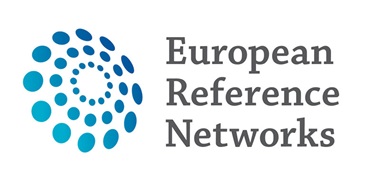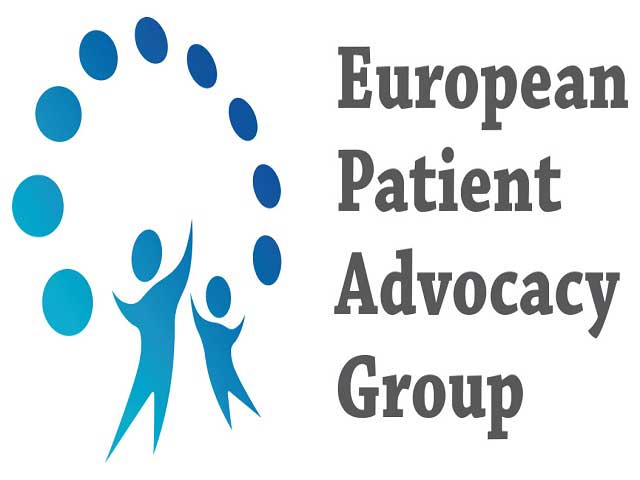
A patient organization provides significant added value for patients, especially for those dealing with rare, chronic, or difficult-to-treat conditions. Below are some key benefits.
In summary, a patient organization can be an essential pillar of support for patients, offering not only information but also personal, practical, and advocacy-related assistance.





